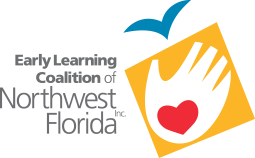October 17, 2024
Families in Northwest Florida struggling to afford childcare
PANAMA CITY, Fla. (WJHG/WECP) – Childcare is really expensive, and it is getting more expensive every year, and finding enough money in…
October 15, 2024
The Importance of Imaginative Play in Early Childhood
Picture this… A toddler is standing in the kitchen, hard at work, emptying the cabinets. They are pulling pots, pans, spatulas, and…
October 14, 2024
Arts and crafts at ArtKidDoo
ArtKidDoo came back to Shivers Park in Chipley this past Saturday giving the youth of our community an opportunity to express themselves…


